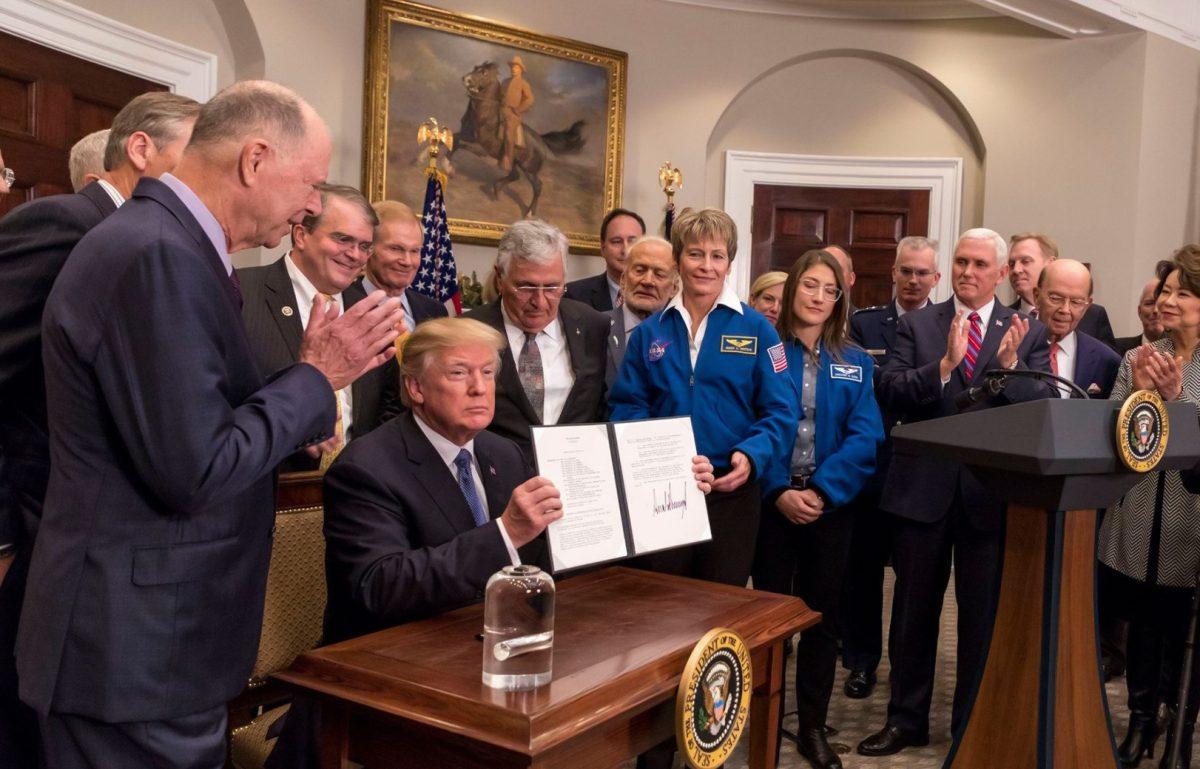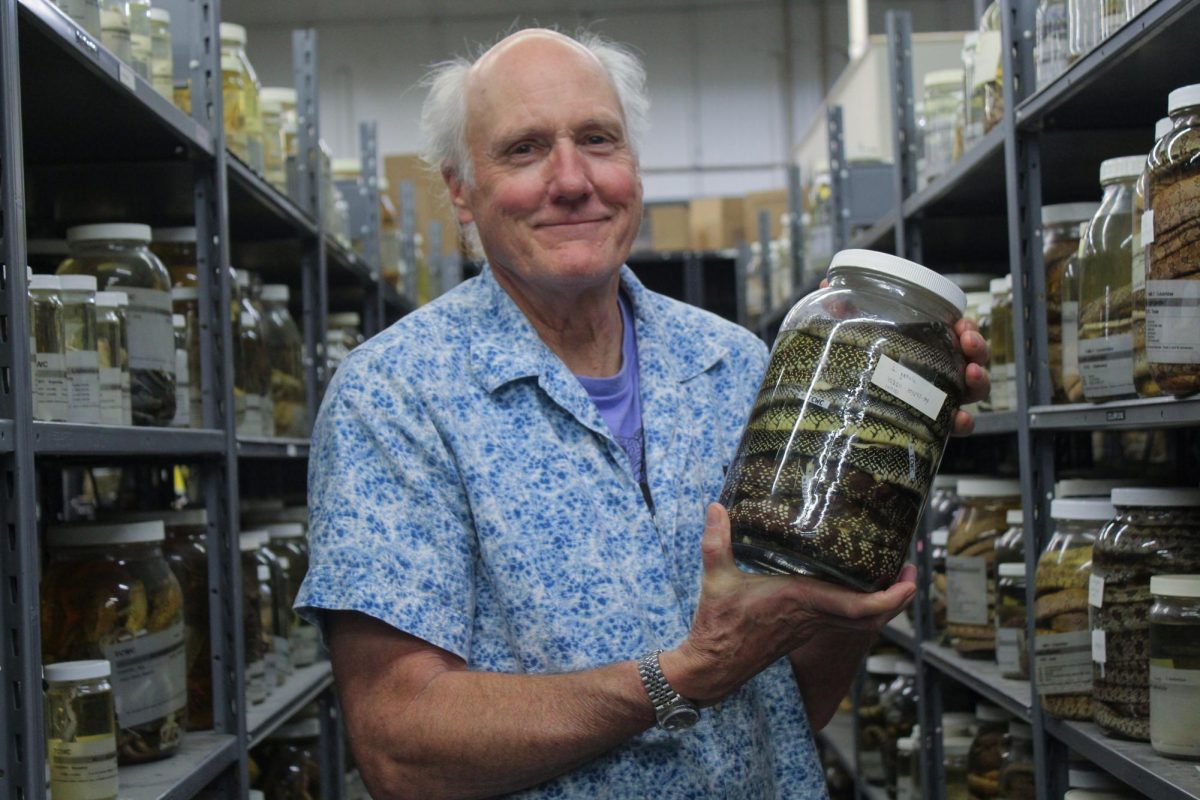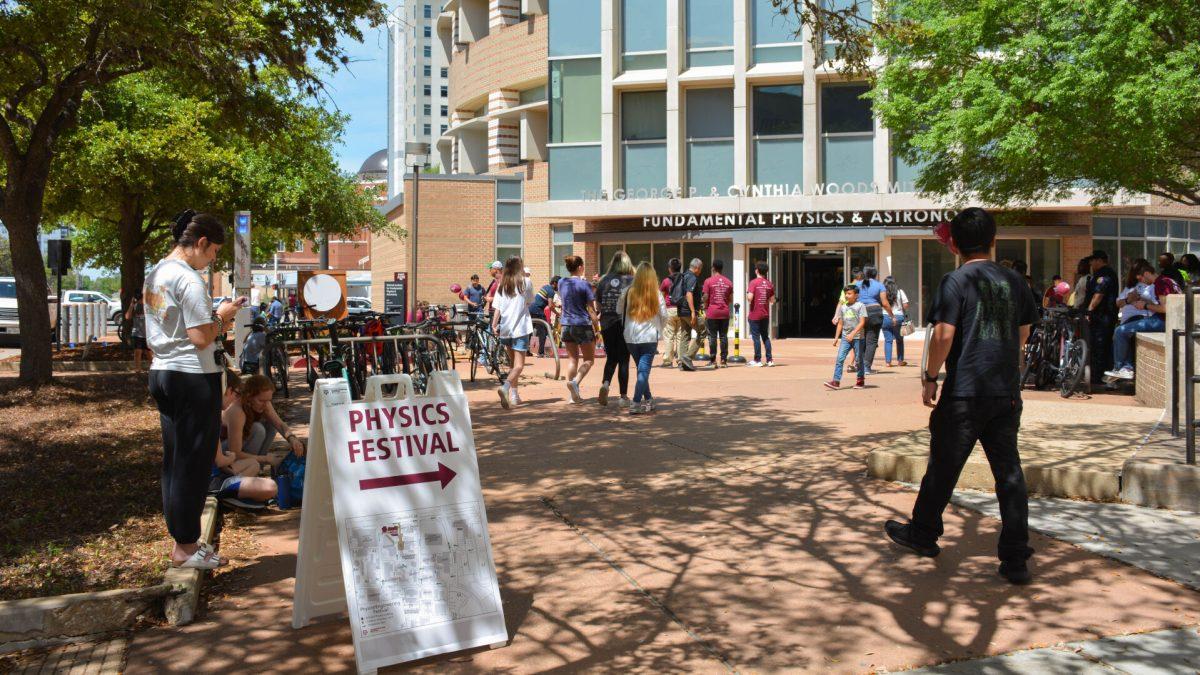Donald Trump’s State of the Union address was the president’s opportunity to list his achievements over his first year and mark a path forward for his policy agenda for the coming year.
In his speech, the president did not mention his position on various emerging and long-debated technological public policy issues.
Though the president was elected on a platform that mostly centred on trade and immigration, the past year of his administration has seen significant impacts on technology policy. Some of the most significant consequences have been the lack of crucial and strategic technical and scientific advisors, the repeal of the net neutrality regulations and proposals for substantial rural broadband investment.
One of the most numerically distinct features after one year has been the gap in critical technological expertise on various issues.
Relatedly, the Executive Office of the President houses the Office of Science and Technology Policy (OSTP) which was created by Congress in 1976 to ensure that the president had access to high calibre expertise on the effects and implications of technology on the economy and society. Since his inauguration, for the first time in its history, the president has yet to appoint a director to the OSTP, and it is operating with a third of the 2016 Obama-ear staffing level, despite repeated calls from members of Congress and various members of the scientific community.
“Constructing good policy requires a mix of accurate science, economics and moral judgments about the world,” atmospheric sciences professor Andrew Dessler, who spent 2000 as a Senior Policy Analyst in the White House Office of Science and Technology Policy, said. “The lack of science staffing in the present administration means that their policies, particularly environmental ones, are not being based on the best available science.”
This pattern of low expertise hiring has been repeated most prominently in the Environmental Protection Agency (EPA), the Department of Agriculture and Department of The Interior, to name but a few.
Some of the OSTP’s past work under the Obama administration included encouraging the development of robotics and advanced manufacturing, promoting Science, Technology, Engineering and Mathematics (STEM) education, using mobile and other smart technology to improve veterans’ access to needed healthcare, and increased focus on federal Research and Development (R&D) commercialisation.
On the telecommunications front, the newly Republican-led Federal Communications Commission (FCC) recently repealed the net neutrality rules, which were enacted under the Obama administration. The repeal will be determinative in how the broadband sector grows into the future. The regulations were primarily opposed by the private industry who feared the impact the rules may have on their profitability and future investments.
Still, there remains uncertainty in the internet telecommunications market as several attorneys general from Democratic states filed lawsuits pushing for compliance with the rules and blocking their repeal. At the same time, Democratic senators in Congress are one Republican vote away from having the power to use a Congressional Review Act (CRA) resolution to reverse repeal of the rules. Until these and other issues are resolved, future capital investments by telecommunications companies will be severely limited due to uncertainty.
The president is also expected to release a $1.7 trillion infrastructure plan, which was alluded to in his State of the Union. A bipartisan group of lawmakers, who refer to themselves as the House Rural Broadband Caucus, have encouraged the president both publicly and in private to make rural broadband infrastructure a priority in his proposal.
“The federal government is recognising that as they deregulated telecom companies and telecom companies typically are going to the high-profit areas and the high-profit areas are not rural America,” Walter Magnussen, Texas A&M Academy for Advanced Telecommunications and Learning Technologies Associate Director, said. “So unless there are future projects like these, rural America will get farther and farther behind.”
Reviewing Trump’s administration and tech policy after one year
February 12, 2018
Photo by Creative Commons
Trump and Technology
0
Donate to The Battalion
$2065
$5000
Contributed
Our Goal
Your donation will support the student journalists of Texas A&M University - College Station. Your contribution will allow us to purchase equipment and cover our annual website hosting costs, in addition to paying freelance staffers for their work, travel costs for coverage and more!
More to Discover










